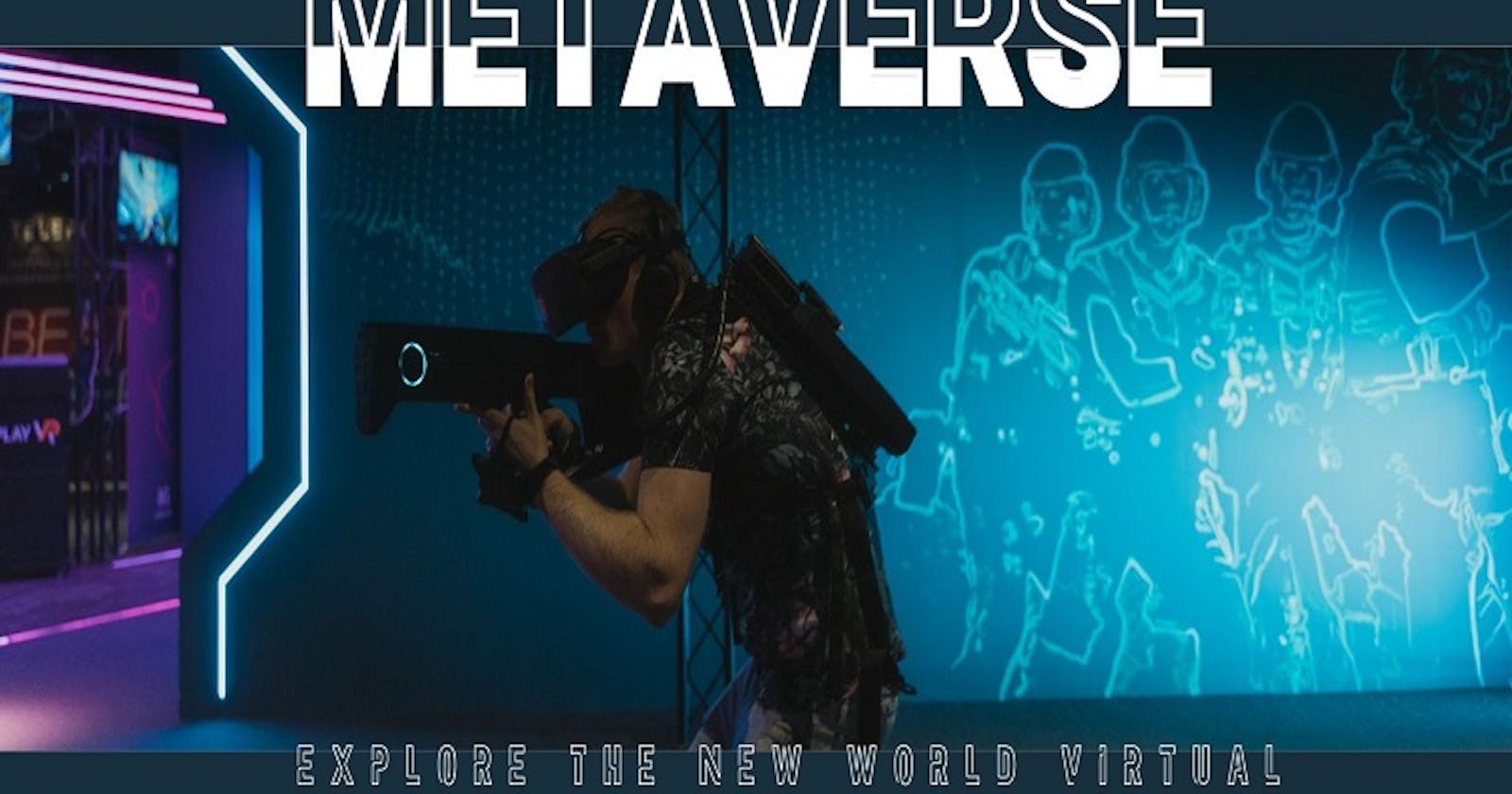The advent of the metaverse is set to revolutionize various sectors, and one industry that will experience significant transformations in sports. The metaverse, a virtual reality space where people can interact, create, and engage in numerous activities, presents immense opportunities for enhancing the sports industry. This blog explores how the metaverse will change the sports industry and the potential benefits it can offer.
Enhanced Fan Engagement
One of the most significant impacts of the metaverse on the sports industry will be the revolutionized fan engagement. Traditional spectatorship will evolve into an immersive experience, allowing fans to participate in the sporting events virtually. Through virtual reality (VR) and augmented reality (AR) technologies, fans can enjoy an interactive and realistic experience, right from the comfort of their homes.
Metaverse Devlopment platforms will enable fans to watch live matches in VR, providing an unparalleled level of immersion. They can choose their perspective, access real-time statistics and data, and interact with other fans. Fans can even experience being on the field, hearing the crowd, and feeling the excitement of the game. Such enhanced engagement will strengthen the bond between fans and their favorite teams, leading to increased support and loyalty.
Virtual Sporting Events and Competitions
The metaverse will introduce a new dimension to sports by enabling virtual sporting events and competitions. With the advancement of VR and AR technologies, athletes and fans can participate in virtual games, tournaments, and leagues. These events can offer unique experiences, such as gravity-defying environments, fantastical sports, and even games that are physically impossible in the real world.
Virtual sporting events will attract a global audience, transcending geographical barriers. The metaverse will allow athletes from different parts of the world to compete against each other in real-time, fostering a sense of global sportsmanship. Furthermore, virtual events can generate revenue through ticket sales, sponsorships, and merchandise, creating additional income streams for sports organizations.
Personalized Training and Performance Analysis
Athletes and coaches will benefit immensely from the metaverse, as it will provide personalized training and performance analysis tools. Through virtual simulations, athletes can practice in various scenarios and environments, enhancing their skills and decision-making abilities. Coaches can create virtual training programs tailored to individual athletes' needs, helping them improve their techniques and strategies.
The metaverse will also offer advanced performance analysis tools, providing athletes with detailed insights into their performance metrics. Virtual reality simulations can recreate game situations, allowing players to review and analyze their actions, and enabling them to identify areas for improvement. This personalized approach to training and performance analysis will significantly enhance the development of athletes and contribute to overall sporting excellence.
New Revenue Streams
The metaverse opens up new avenues for revenue generation in the sports industry. Through virtual merchandise and collectibles, sports organizations can offer unique digital items to fans. These items can range from virtual jerseys and accessories to limited-edition digital memorabilia. Collectors and fans can purchase, trade, and display these digital assets within the metaverse, creating a vibrant virtual economy.
Furthermore, metaverse platforms can integrate advertising and sponsorship opportunities seamlessly. Brands can engage with fans through in-game advertisements, product placements, and interactive experiences. This form of targeted advertising can provide valuable exposure to brands while enhancing the overall fan experience.
Fan-driven Content Creation
The metaverse empowers fans to become active participants in content creation. Fans can create and share their own virtual sports experiences, such as highlights, game reenactments, and commentary. This user-generated content can be shared within the metaverse community, enabling fans to connect and interact with each other.
Sports organizations can tap into this fan-driven content creation to amplify their reach and engagement. By encouraging fans to create and share content related to their favorite teams
and athletes, sports organizations can foster a sense of community and loyalty. They can also leverage fan-generated content to gain valuable insights into fan preferences and interests, allowing them to tailor their marketing strategies accordingly.
Virtual Sports Betting and Fantasy Leagues
The metaverse will transform the way sports betting and fantasy leagues operate. Through virtual sports betting platforms, fans can engage in virtual matches and place bets using virtual currencies. These platforms can provide a safe and regulated environment for sports betting, ensuring transparency and fair play.
Similarly, fantasy leagues in the metaverse will offer an immersive and interactive experience for participants. Fans can assemble their dream teams using virtual player cards and compete against other participants. The metaverse will provide a realistic and dynamic environment for fantasy leagues, enhancing the thrill and engagement for participants.
Metaverse App Development Company: Enabling the Transformation
To unlock the full potential of the metaverse in the sports industry, the expertise of a metaverse app development company will be crucial. These specialized companies possess the knowledge and experience to develop immersive and interactive metaverse platforms tailored specifically for the sports industry.
A metaverse app development company can create customized virtual environments, integrate VR and AR technologies, and ensure seamless user experiences. They can also incorporate features such as live streaming, real-time statistics, and interactive elements to enhance fan engagement. Additionally, these companies can provide robust security measures to protect user data and prevent unauthorized access.
Conclusion
The metaverse has the potential to revolutionize the sports industry, creating new opportunities for fan engagement, virtual sporting events, personalized training, and revenue generation. With the metaverse, fans can experience sports in unprecedented ways, while athletes and coaches can leverage virtual simulations for training and performance analysis. Furthermore, the metaverse opens up avenues for new revenue streams, fan-driven content creation, and innovative sports betting and fantasy leagues.
As the metaverse continues to evolve, the collaboration of sports organizations with metaverse app development companies will play a vital role in enabling this transformation. By harnessing the power of the metaverse, the sports industry can redefine the fan experience, broaden its global reach, and embrace a new era of virtual sports engagement.
